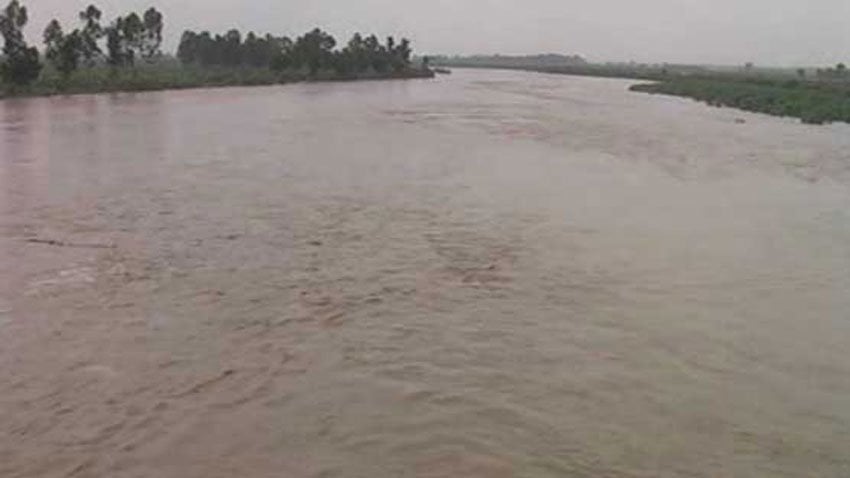29 inches of rain for five days was Beijing’s heaviest rainfall in 140 years
Canada Global (Web News) The previous few days have seen the highest…
Flood expected in Sutlej as rains to hit Pakistan from Thursday
Canada Global (Web News) The villagers along the Sutlej were on edge…
World Bank projects two more dark years for Pakistan’s economic growth
Canada Global (Web News) The World Bank downgraded Pakistan's current-year GDP growth…
Glacial lake floods threaten communities in Asia, South America
Around 15 million people worldwide are at increased risk of flooding due…
Chaudhry Shujaat says Shehbaz and Bilawal are “begging” for country
"They are pleading for flood victims' rehabilitation and economic development," he said.
Pakistan will be among the first recipients of G7 ‘Global Shield’ climate funding.
Pakistan will be among the first recipients of G7 'Global Shield' climate…







